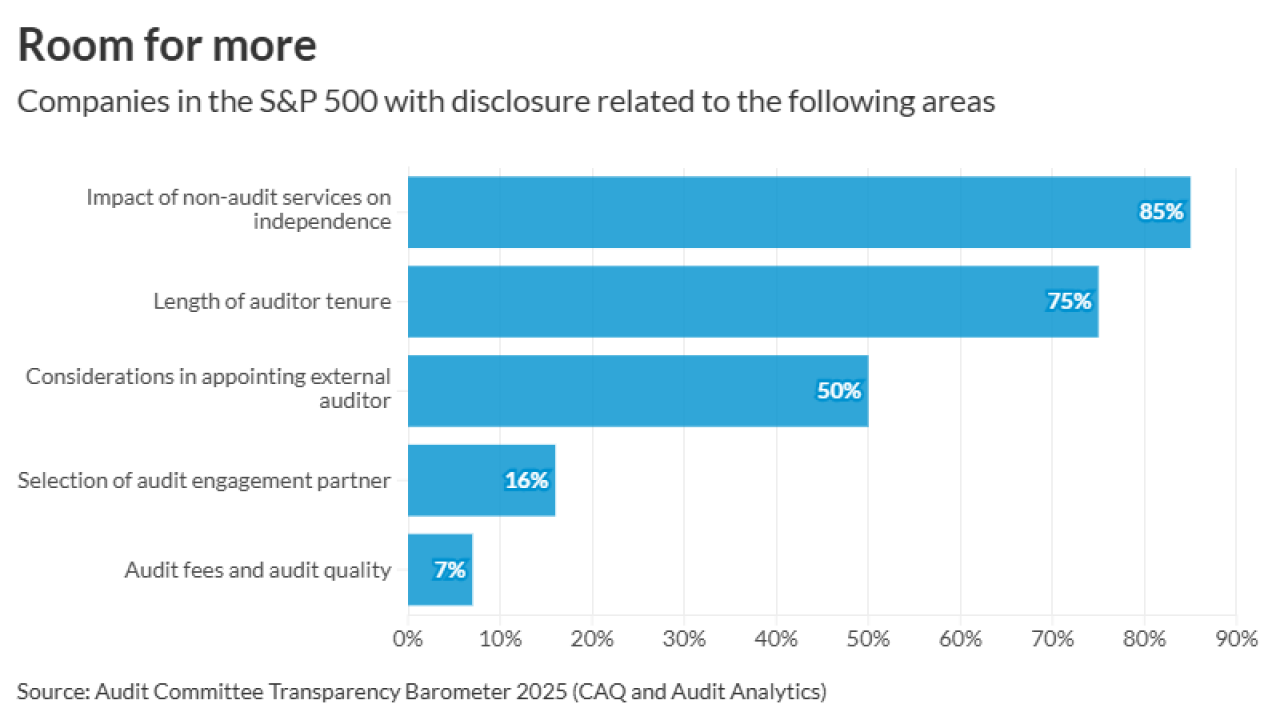The Internal Revenue Service's alternative dispute resolution programs for mediating tax issues between taxpayers and the agency can be faster and cheaper than the usual appeals process, but use of the programs fell by two-thirds over the past decade, according to a new report — and the IRS doesn't have enough information to understand why.
The
However, the IRS lacks the data to understand the reason, even on how often it rejects taxpayers' requests to use alternative dispute resolution. The IRS also doesn't collect data on the results of using some of the programs, including the actual time and costs involved. The GAO recommended that the IRS improve data collection and monitoring for its ADR programs.

The IRS offers six different ADR programs to provide mediation to expedite resolution and avoid the lengthy traditional appeals and litigation processes. They include three types of fast track programs, in addition to a rapid appeals program and two types of post-appeals mediation programs.
"ADR can potentially benefit both IRS and taxpayers by reducing the time and costs to resolve disputes while increasing certainty for taxpayers in meeting their tax obligations," the report explained.
While the IRS doesn't know definitively why ADR usage has declined, taxpayers perhaps don't perceive the benefits of using ADR, according to IRS officials.
"The IRS is committed to resolving disputes with taxpayers without costly litigation, whenever possible," wrote Andrew Keyso, chief of the IRS Independent Office of Appeals, in response to the report. "The mission of the IRS Independent Office of Appeals is to resolve tax controversies, without litigation, on a basis which is fair and impartial to both the government and the taxpayer. More than 70,000 taxpayers bring their case to Appeals each year, with the vast majority opting for the traditional appeals process in which Appeals personnel take a fresh, objective look at the facts and issues and negotiate an administrative settlement of the matter directly with the taxpayer and their representative. We know from our interactions with taxpayers and our customer satisfaction surveys that taxpayers appreciate the availability of this administrative dispute resolution function."
However, the GAO believes the IRS is missing opportunities to use several management practices for its ADR programs to help increase taxpayers' willingness to use ADR, as well as to maximize the programs' benefits.
It said the agency doesn't have clear and measurable objectives for its ADR programs that contribute to achieving its strategic goals and objectives, such as its ability to resolve disputes over specific tax issues and reduce the investment of time and money to do so. The service doesn't analyze data to assess whether the programs are achieving benefits such as resolving disputes over specific tax issues and reducing the investment of time and money to do so, according to the GAO.
The IRS hasn't regularly monitored the taxpayer experience with the alternative programs to address problems in real-time. Without such information, the IRS can't assess how to improve taxpayers' willingness to use the alternative programs as well as their experience in resolving tax disputes. In addition, the service can't take action on those missed opportunities to maximize ADR benefits because it hasn't established specific responsibilities and related tasks for consistently managing all elements of the ADR programs, according to the report.
The GAO made eight recommendations to improve how the IRS manages its ADR programs, including suggesting that the service should:
- Improve its data collection;
- Establish clear program objectives;
- Analyze data to better achieve the benefits of ADR;
- Monitor taxpayers' experience to assess ways to improve it; and,
- Establish responsibilities and tasks for managing ADR programs.
The IRS generally agreed with the GAO's recommendations.





